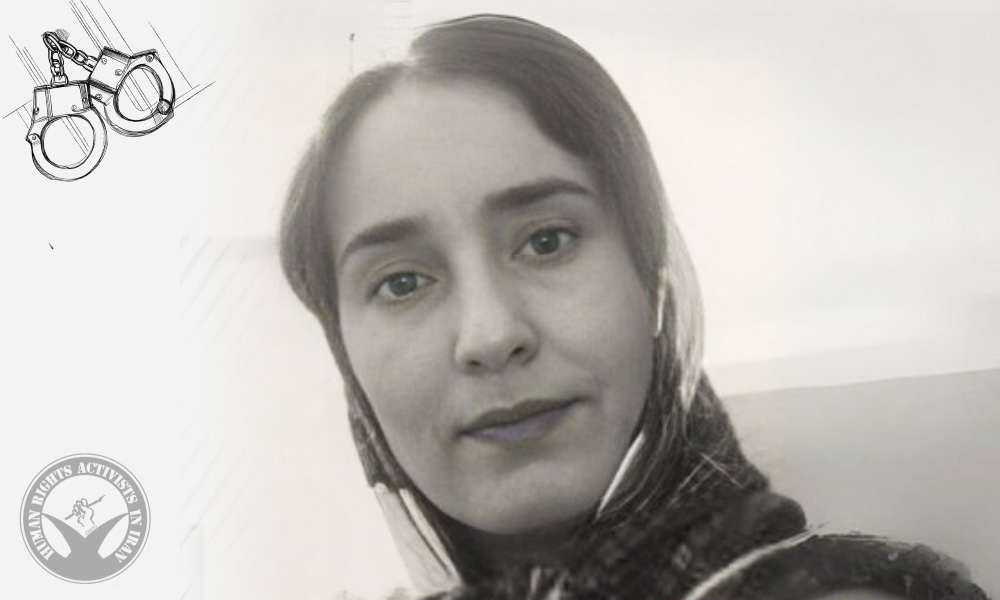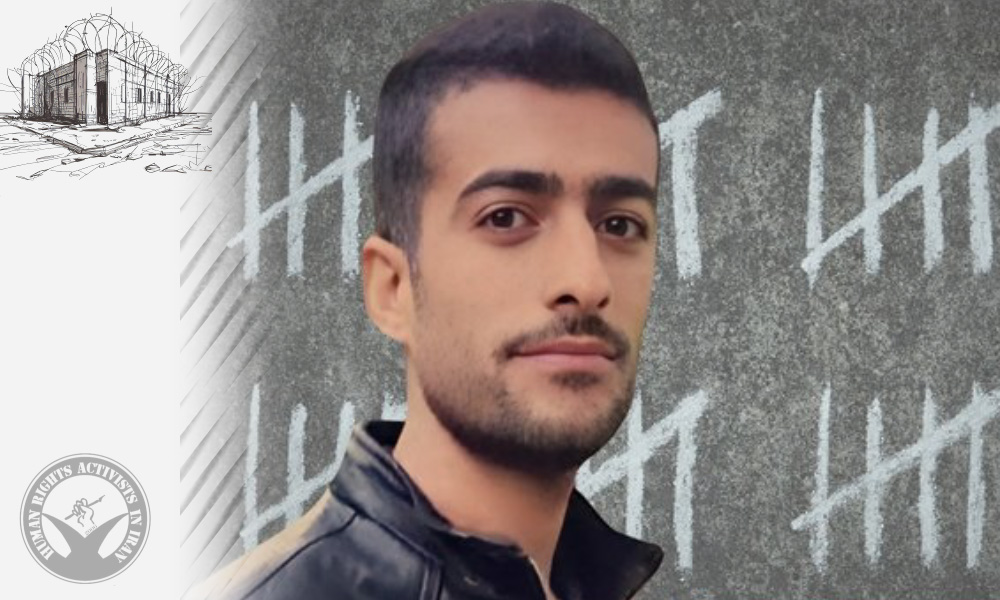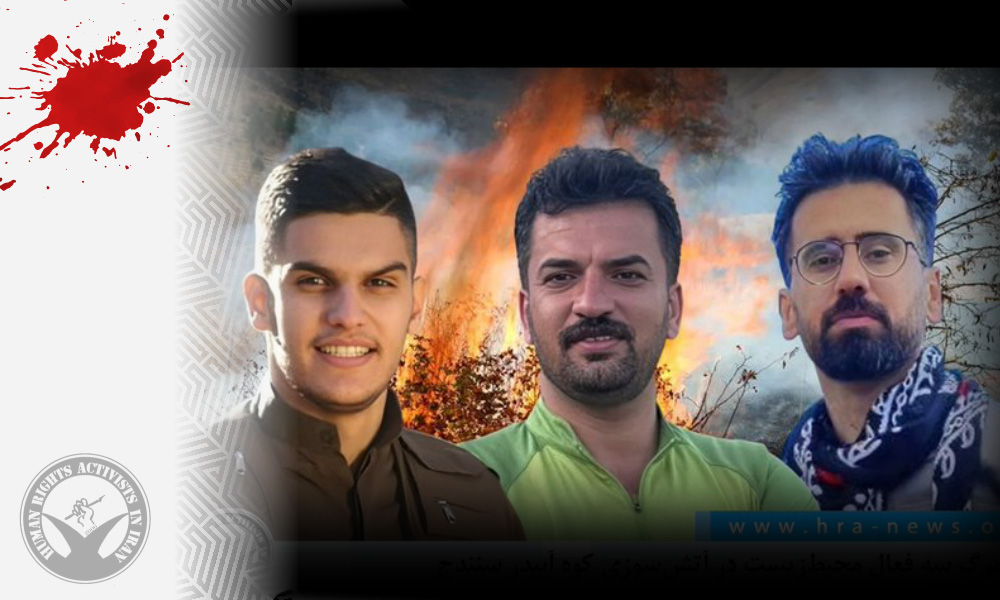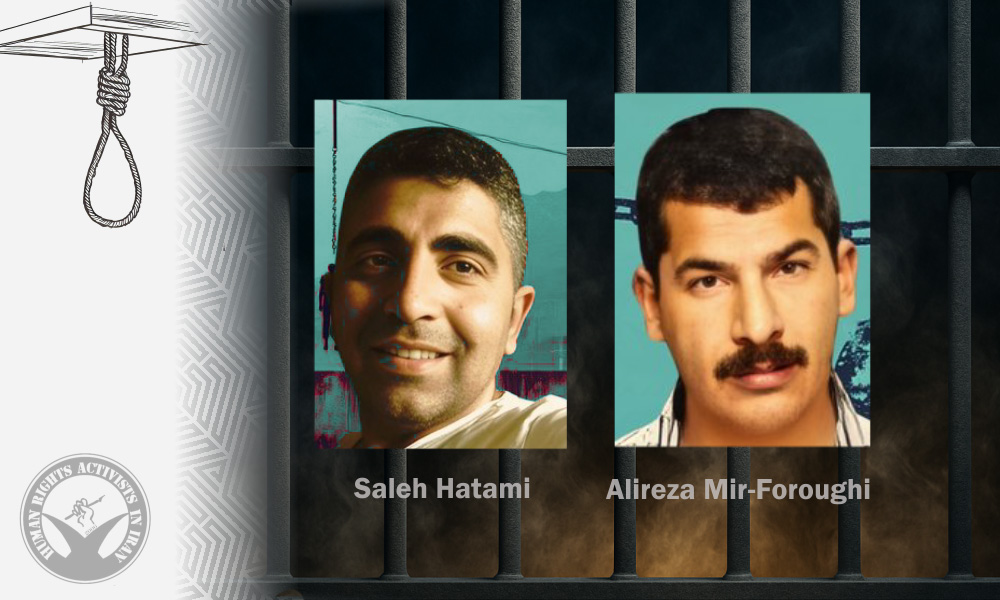HRANA – At least 17 political prisoners are being held in solitary confinement for the fifth consecutive day in Ghezel Hesar Prison in Karaj.
According to HRANA, these individuals continue to be held in solitary cells inside units 1 and 3 of Ghezel Hesar Prison: Sepehr Emamjomeh, Loqman Aminpour, Meysam Dehbanzadeh, Abolhassan Montazer, Ali Moezzi, Khosrow Rahnama, Hamzeh Savari, Asadollah Hadi, Reza Salmanzadeh, Reza Mohammad Hosseini, Mostafa Ramezani, Salaheddin Ziaei, Arsham Rezaei, Akbar Bagheri, Zartosht Ahmadi Ragheb, Ahmadreza Haeri, and Mohammad Shafiei.
On Saturday, July 26, a special unit of prison guards, accompanied by agents from the Ministry of Intelligence, raided the ward housing political prisoners in Ghezel Hesar Prison. During the operation, phone lines in the ward were cut, several inmates were reportedly beaten, and a number of political prisoners were forcibly transferred to solitary confinement.
In response, some of the affected prisoners have launched a hunger strike to protest what they describe as “systematic violence by security forces against political prisoners in Unit 4.” Their complete disconnection from families and external sources has severely limited access to information about their current conditions. HRANA continues to investigate and gather further details.
This violent crackdown appears to be an attempt to suppress resistance by prisoners opposing the transfer of political prisoner Saeed Masouri to Zahedan Prison, and the implementation of death sentences against political prisoners Behrooz Ehsani Eslamlou and Mehdi Hasani.
Prolonged solitary confinement—especially without access to communication, legal counsel, medical care, or visitation—is considered a form of psychological torture and violates the principles of the International Covenant on Civil and Political Rights and the “Nelson Mandela Rules” regarding the treatment of prisoners.













